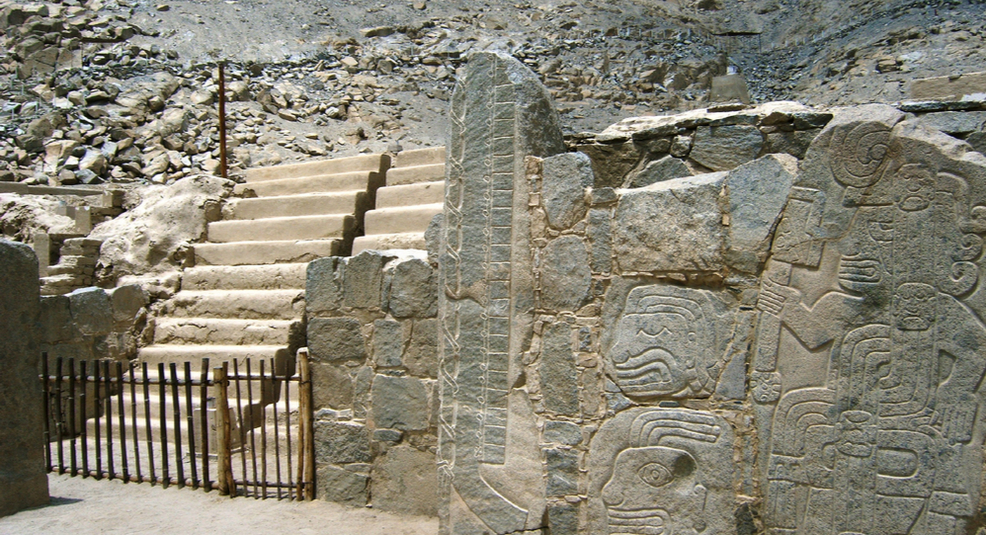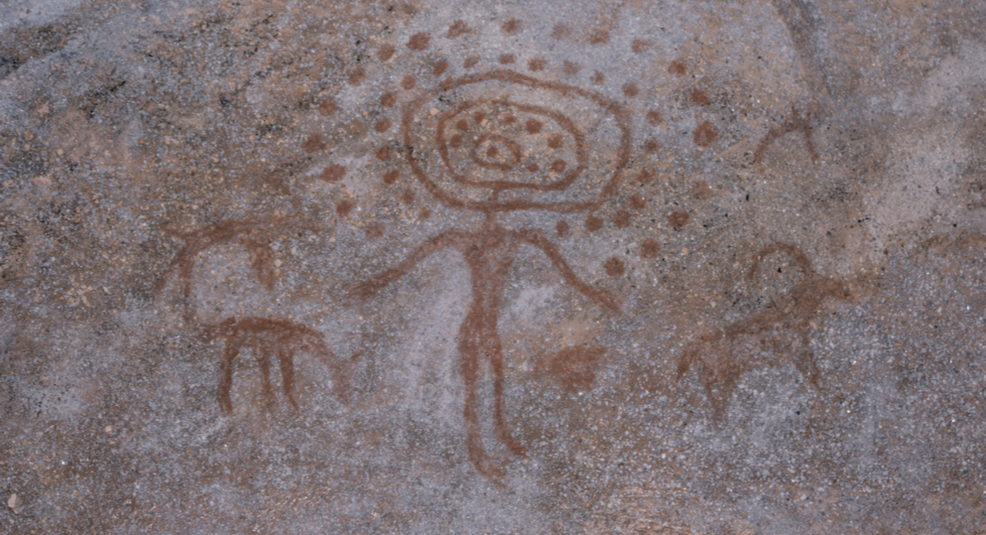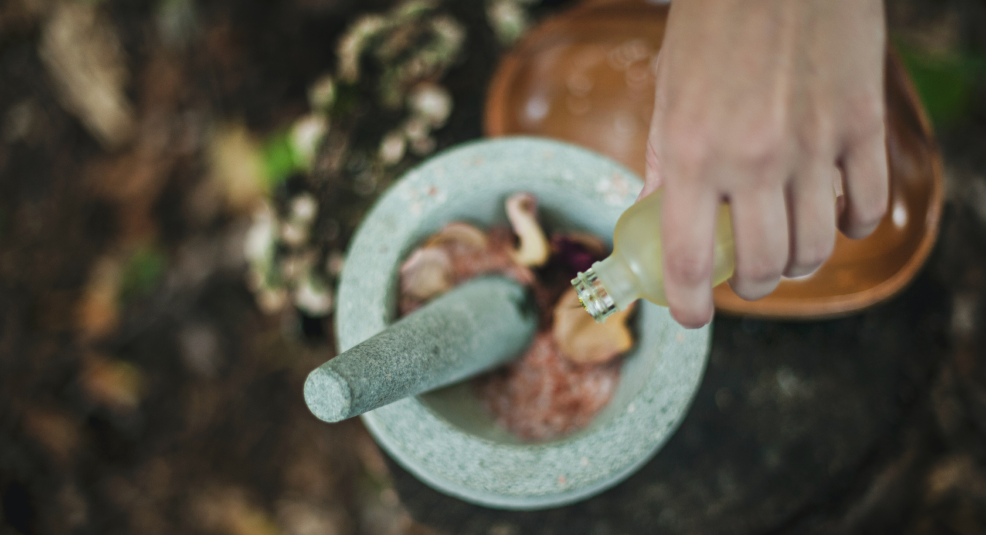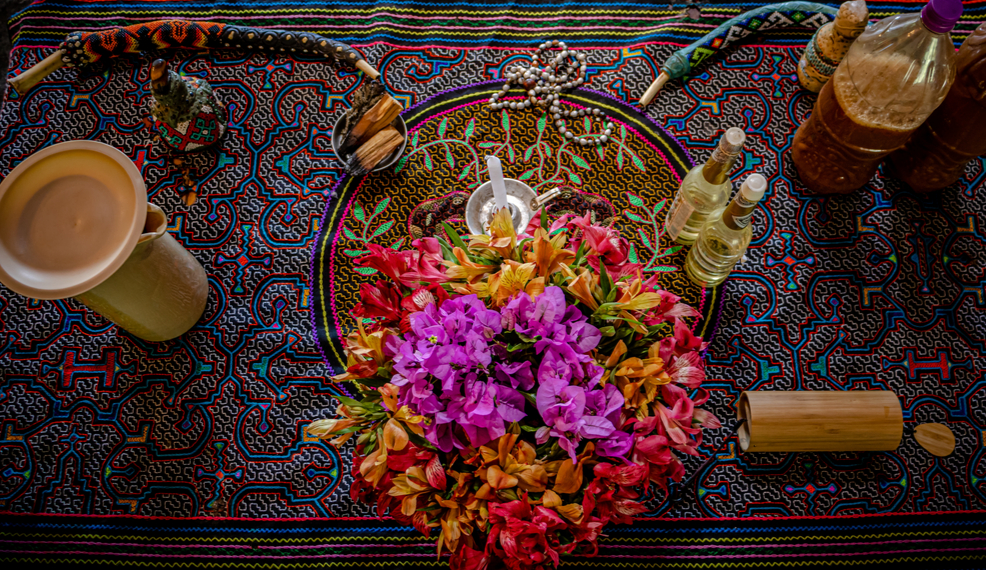History Of Use
Rituals
Petroglyphs, pictographs, and other archeological evidence from Australia, Europe, and the Sahara Desert suggest that indigenous peoples worldwide have incorporated psilocybin mushrooms into their ceremonies and rituals since at least 10,000 B.C., with many indigenous cultures in Mexico and South America still practicing some modern form of their own today.

According to archaeological evidence, Psilocybe mushrooms were also a sacred symbol used in ceremonies, celebrations, rites of passages, and religious rituals. In pre-Columbian Mesoamerican civilizations, such as the Aztecs and the Maya, they believed psilocybin mushrooms helped establish contact with deities and brought them closer to spiritual enlightenment.

Similarly, ayahuasca has been used to help alleviate suffering and heal afflictions of those who participate in the ceremony. In traditional ceremonies, participants are encouraged to sing and engage in the process, as it helps dissolve feelings of fear and inferiority. This high level of engagement creates a bonding experience for the group and fosters a sense of collective support and empathy. With the assistance and insight of healers, one can further understand their personal development and individual journey.

Today, in an effort to keep these practices alive and pay respect to indigenous cultures, myriad organizations offer retreats for both ayahuasca and psilocybin mushrooms. The goal of these retreats is to practice spiritual enlightenment and personal growth in a safe and respectful environment that pays homage to the cultures that conceived these rituals. More often than not, modern shamans or psilocybin therapists oversee these retreats and help facilitate the journey of others.

Although these retreats serve an excellent purpose, research into these organizations is just as important. With hundreds popping up all around the world, it is not hard to figure that some are merely looking to commercialize and exploit traditional indigenous ceremonies. Although there are rare reports of more extreme cases, most anomalies of unethical behavior include retreat facilitators making empty promises, haphazardly bypassing medical due diligence, or not being properly trained to administer these entheogenic experiences.
In order to get the most out of a journey, participants are encouraged to make sure the organization they choose respects the medicines and the cultures they are borrowing from.